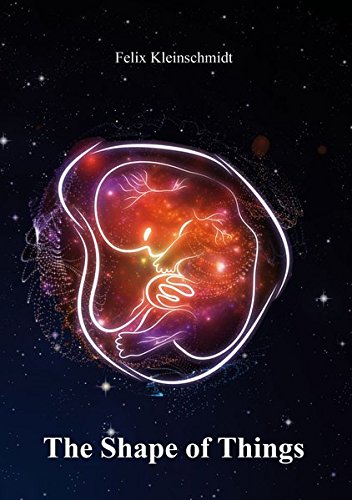What do you think?
Rate this book


Paperback
First published November 15, 2001
By the end of the play, I felt no sympathy for anyone. Not to be confused with being drawn in to a character and having a personal dislike of said character. This was more a disinterest in the characters as each was a two-dimensional caricature for different aspects of gender binaries. Evelyn comes off less like an engaging, emotionally distant, woman, and more like an unintelligible mashup of every middle-school insecurity a heterosexual man would have about women. Adam is such the model of the "sensitive" man that I wasn't sure if LaBute even intended for me to ever take the character seriously. I wasn't looking at characters so much as empty models of gender norms. Which themselves could be engaging if their representation of those norms wasn't the entirety of their characterization.
By the time the twist ending came around, I was so emotionally disinterested in the characters that the shock didn't matter. To LaBute's credit, the twist was unexpected, but it didn't elicit any visceral reaction so much as the kind of kudos I would give a particularly well grown fern. Interesting in execution, but nothing to write home about.
Oddly, this lack of emotional weight could be seen as a strength of the play, if only because I'm sure that a particularly skilled actor and/or director could do something with it. What that something is, I'm not sure, but based on the raw material, there is little way to go but up.